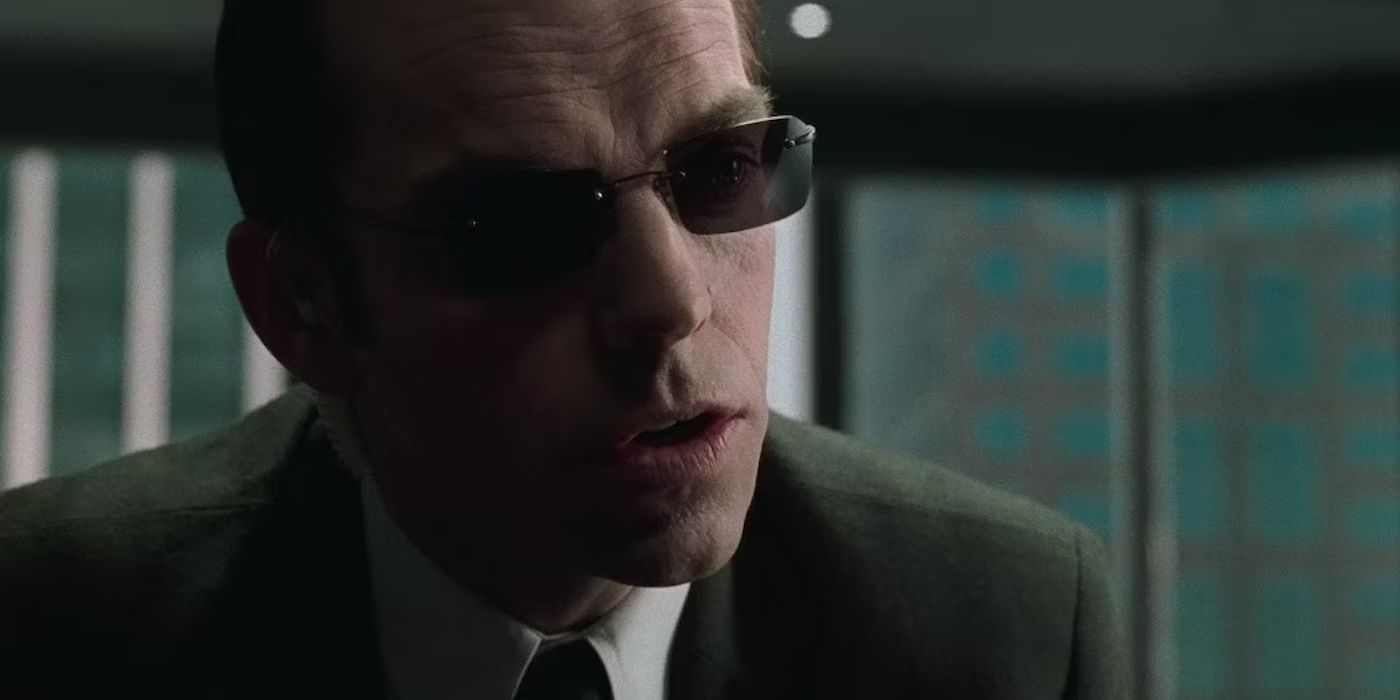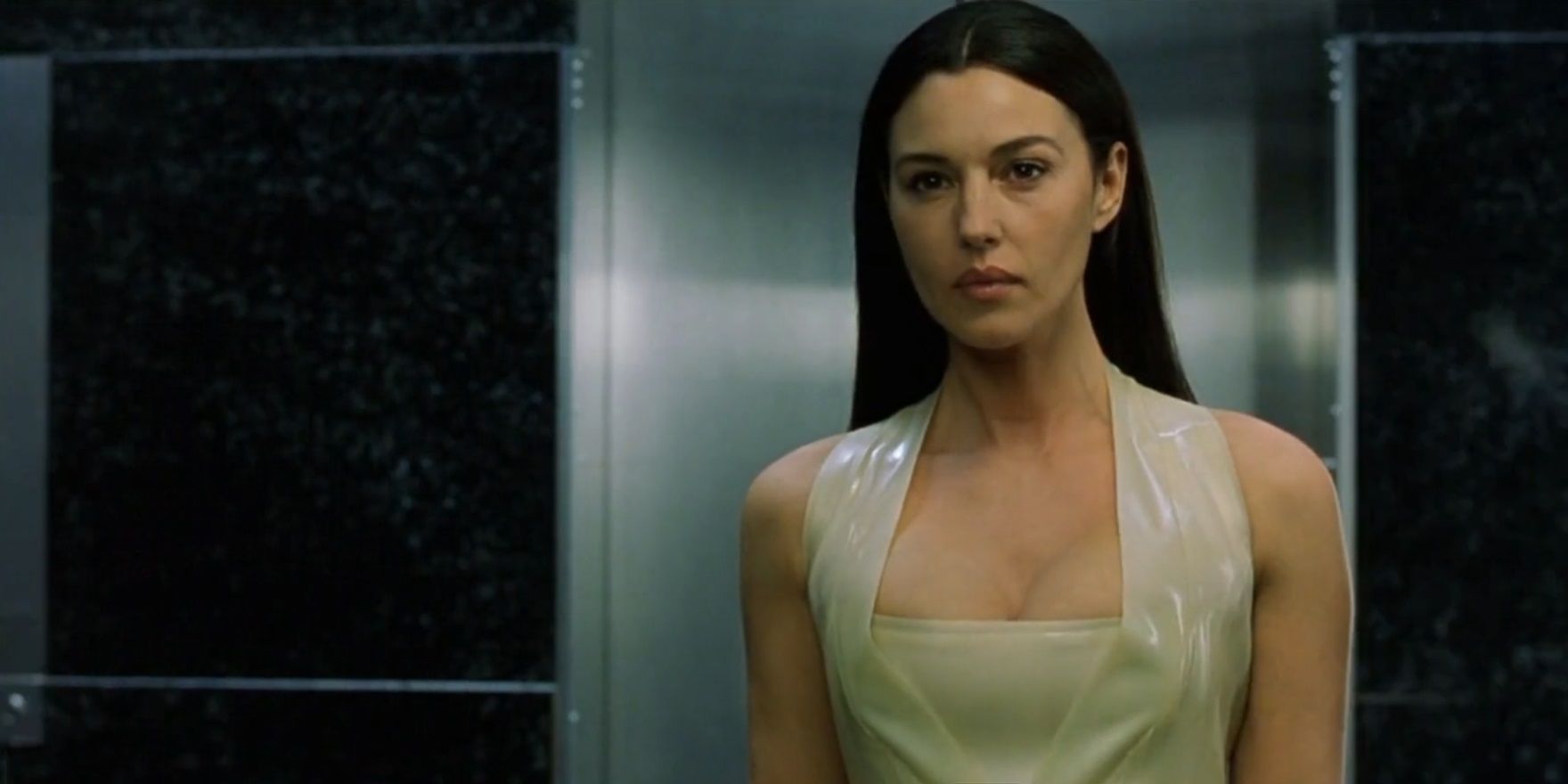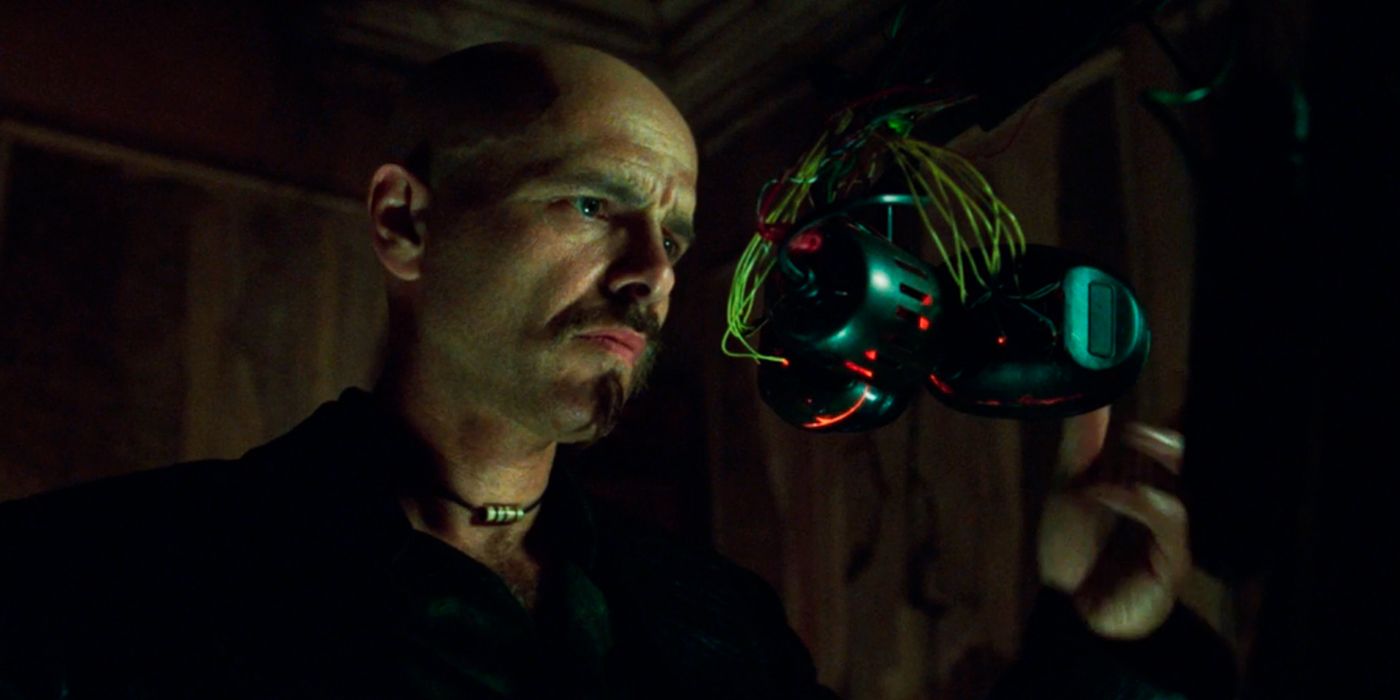Several villains throughout the four The Matrix movies provide valuable insights despite their roles and actions, revealing the depth of their characters and creating thought-provoking scenes. The franchise is remembered for its otherworldly premise, thrilling action sequences, diverse themes, and complex characters, among other elements. Beginning with a remarkable start in 1999, the original The Matrix film established the Wachowskis as talented filmmakers, a legacy that continues beyond the original trilogy.
The ending of The Matrix trilogy delivers a satisfying resolution for both the plot and the characters’ arcs; however, the premise presented in 2021’s The Matrix Resurrections diminishes its effectiveness. Confirmation of The Matrix 5 earlier this year only supports sequel bait opinions presumably from the minds of the producing company, Warner Brothers, within the previous movie. However, regardless of the villain or film, the well-crafted script enhances the narrative with profound statements about the Matrix and the protagonists’ actions.
10 The Merovingian: Originality Matters
From The Matrix Resurrections
In The Matrix Resurrections, the character Merovingian (Lambert Wilson) comments on the state of society, expressing that everything has lost its flair and desire for innovation. His observations come ironically during a battle scene where other villains are fighting against the heroes. With direction from Lana Wachowski, one-half of the Wachowski sisters, the film retains several elements of the original Matrix structure while incorporating numerous scenes from the first movie.
However, the third sequel relies on the greatness of the 1999 film and its nostalgic moments without much subtlety, leading to an exhausting experience. While it is understandable to want to revisit the original, The Matrix‘s appeal lies in its fresh premise, captivating action scenes, and numerous iconic moments that have left a lasting impact on pop culture, making it one of the most rewatchable movies featuring Keanu Reeves.
9 The Analyst: Humans Crave Certainty
From The Matrix Resurrections
Also in Resurrections, the Analyst (Neil Patrick Harris) highlights the need for certainty among the “sheeple” in the Matrix. As the new creator of The Matrix, he blends fiction and emotion to enhance the world, introducing fresh versions of Neo (Keanu Reeves) and Trinity (Carrie-Anne Moss) while keeping their essence recognizable. Their yearning for one another creates tension as both doubt their memories. Neo attends therapy to understand his emotions, grappling with his flickering identity and reliance on blue pills, reminiscent of the first film’s unsettling feelings about the Matrix.
While the people crave certainty, so does Neo, who visits the Analyst acting as his therapist, attempting to ease his concerns about being trapped in the Matrix while monitoring his activities. Neo’s eventual openness to confront his reality is significant, representing his trust in the therapist and his desperate need for an answer to his problems. This thematic choice in the script resonates with real-life struggles for certainty, with people seeking the truth to find comfort.
8 The Merovingian: Choice Is An Illusion
From The Matrix Reloaded
Thomas Anderson, known as Neo, is thrust into the Matrix without real control over his destiny. By day, he is a respectable software engineer; by night, he is a skilled hacker. When his cyber crimes catch up with him, he must make a critical choice: either aid a powerful cyber-intelligence company or partner with Morpheus (Laurence Fishburne) to destroy the Matrix. Both options present significant challenges. The first involves the risky act of spying on Morpheus, while the second demands that he confront the irreversible unknown alongside Morpheus.
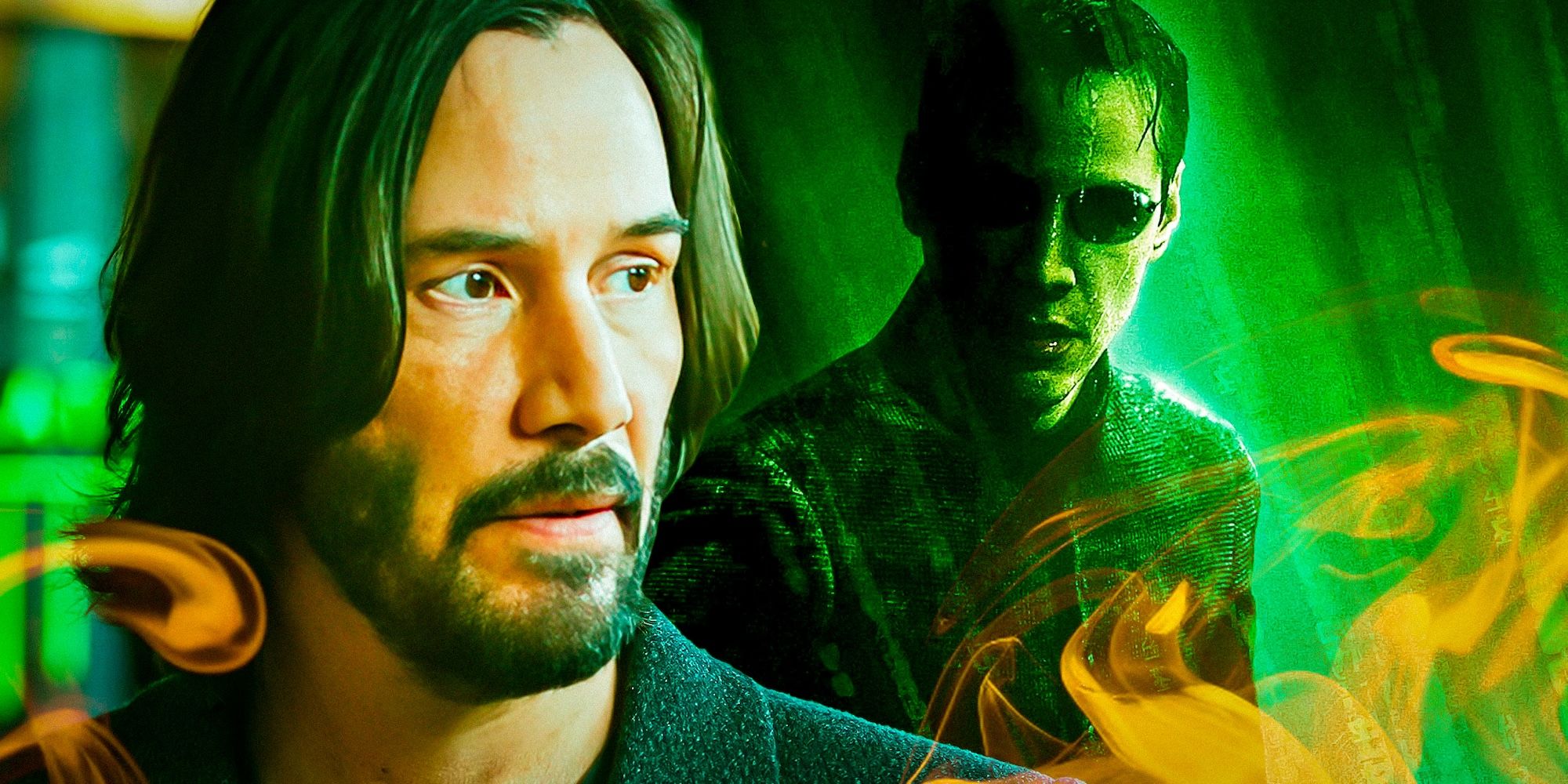
Related
The Matrix Franchise’s 15 Best Quotes, Ranked
Neo, Trinity, Morpheus, and Agent Smith utter some of the Matrix franchise’s most famous quotes about free will, destiny, and identity in the Matrix.
In The Matrix Reloaded, the Merovingian highlights the illusion of choice, a compelling and recurrent theme even recognizable by the characters. Many situations force Neo to make swift decisions, which often weakens the effectiveness of those choices due to imminent danger or unfavorable options. As the Oracle (Gloria Foster/Mary Alice) informs Neo about predetermined outcomes, she balances it with his need to understand the reason for certain actions. This crucial insight emphasizes that he is only beginning to grasp the complexities and responsibilities of his decisions.
7 Agent Smith: Humanity Is A Virus
From The Matrix
n The Matrix, Agent Smith (Hugo Weaving) articulates his understanding of and disdain for humanity during his intense interrogation of Morpheus. Smith compares humans to other mammals that achieve a balance between their population and environment. He argues that humans multiply excessively and exploit their resources, leading him to conclude that they are not classifiable as mammals but rather as viruses that spread uncontrollably. According to Smith, humans overwhelm their surroundings and then move on once they have depleted them, illustrating his belief in a relentless cycle.

Related
The Matrix’s True Villains Aren’t the Machines (or Agent Smith)
In the opening short of The Animatrix, the history of the dystopian war revealed that it was humanity that destroyed itself, not the machines.
He also asserts that he and the other agents represent the cure for the “cancer of this planet,” reflecting his serious views on the destructive nature of humanity. This comment references the dire state of the planet, exacerbated by human ignorance. This scene encapsulates Smith’s perception of humanity, drawing parallels to real-world issues such as greed, overpopulation, and environmental degradation.
6 The Merovingian: Humans Are Victims Of Causality
From The Matrix Reloaded
The Merovingian, also known as The Frenchman, also highlights the importance of actions and their consequences. He believes every action results in a reaction, and every choice leads to consequences to endure. In Reloaded, he shares this view with Neo, Trinity, and Morpheus before rejecting their request. His perspective emphasizes that actions significantly impact outcomes, as seen when his affair leads his wife, Persephone (Monica Bellucci), to grant the request to reveal the Keymaker’s (Randall Duk Kim) location.
This belief echoes in the franchise and film when Trinity’s risky action to help Neo and Morpheus put her life in danger. The Merovingian believes that humans are inherently uncontrollable and that understanding one’s actions is essential to gaining power. He believes that a true understanding of reality is crucial, viewing causality as the only consistent principle governing life and shaping all events.
5 Agent Smith: Purpose Defines Existence
From The Matrix Reloaded
Agent Smith is a formidable adversary to Neo. Originally a program designed to maintain order within the Matrix, he becomes free with Neo’s assistance. However, as he revels in his newfound freedom, he loses his purpose, leading to feelings of emptiness and boredom. In response, Smith hatches a plan to confront Neo again, aiming to seize as much power as possible. In Reloaded, the introduction of cloning allows Smith to assume multiple bodies, effectively creating an army at his disposal for an ambush against Neo.
|
Agent Smith Characters |
Actor |
Movies |
|---|---|---|
|
Agent Smith |
Hugo Weaving |
The Matrix, The Matrix Reloaded, & The Matrix Revolutions |
|
Smith |
Jonathan Groff |
The Matrix Resurrections |
|
Morpheus/Agent Smith |
Yahya Abdul-Mateen II |
The Matrix Resurrections |
By inhabiting these various bodies, Agent Smith acquires new abilities and perspectives. His most notable incarnation is Bane (Ian Bliss), an outstanding recast of the popular agent from The Matrix. Yet his struggle with lost purpose serves as a compelling narrative choice and portrayal of real-life situations, illustrating his dissatisfaction with freedom and his transformation into a virus that relentlessly seeks power and meaning in his existence.
4 The Merovingian: Love Is Similar To Insanity
From The Matrix Revolutions
In The Matrix Revolutions, the Merovingian compares love to insanity when discussing the relationship between Trinity and Neo. As their journey unfolds, Trinity and Neo cultivate a deep trust, culminating in profound feelings that motivate them to prioritize each other’s safety even amid chaos. Their actions may appear irrational, but they are rooted in love. Neo’s choice to save Trinity instead of preserving the safety of Zion’s inhabitants exemplifies this devotion.
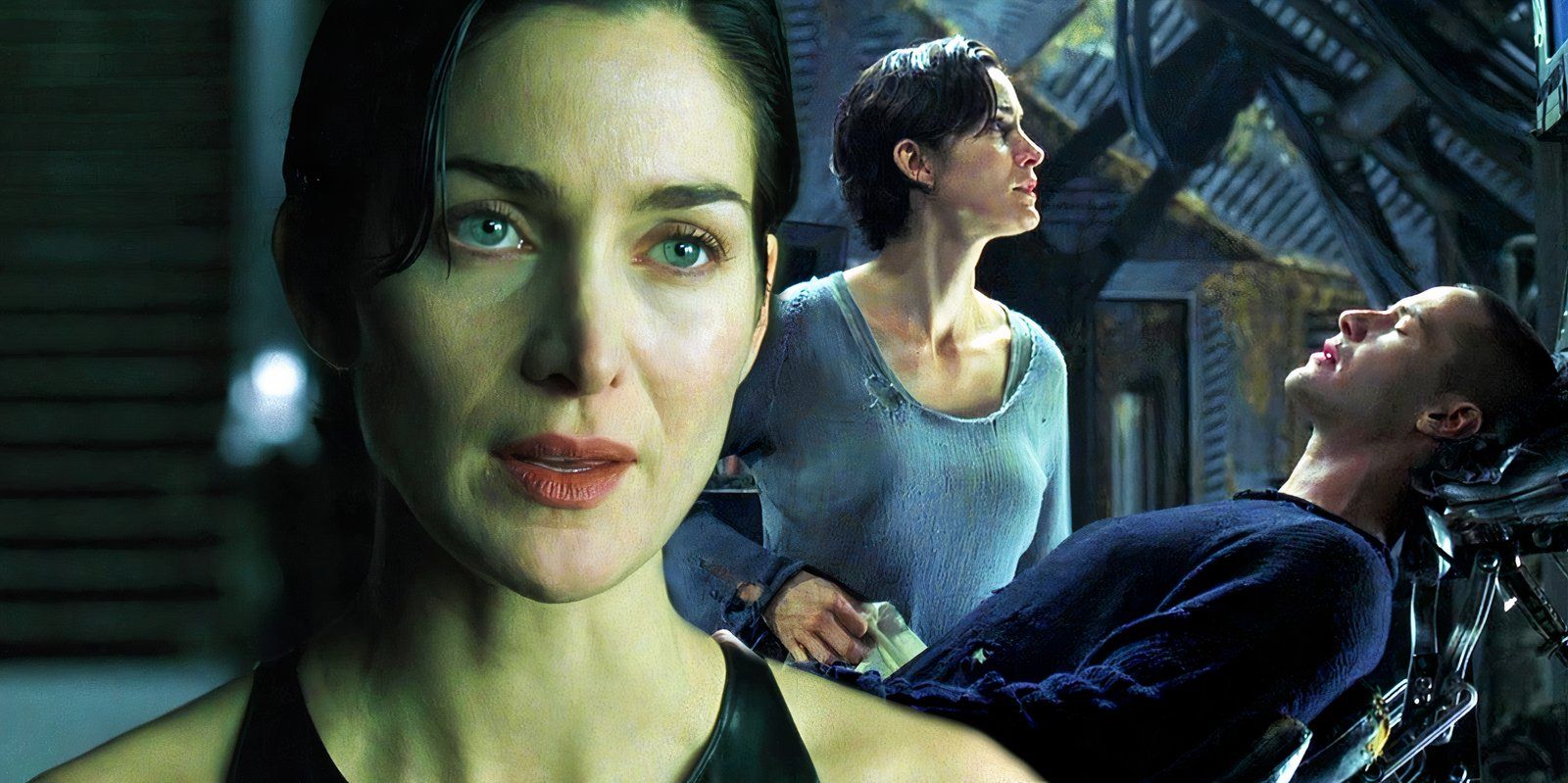
The Matrix Star Knew The Movie Was A Love Story: “Trinity Really Is The Heart Of The Film”
While there are many interpretations of The Matrix, Carrie-Anne Moss explains why she always viewed the science-fiction action movie as a love story.
Similarly, Trinity willingly puts herself in peril to rescue Neo, risking everything in a fierce shootout to secure a train. These instances showcase their unwavering commitment to one another, a truth recognized by Niobe (Jada Pinkett Smith) in Resurrections, where she decides to imprison Neo to protect her people, a choice that ultimately does not last. The love between Neo and Trinity is crucial to the Matrix narrative, as the Analyst states, due to their immeasurable combined power.
3 The Architect: Hope Is A Source Of Strength And Weakness
From The Matrix Reloaded
Hope embodies a dual feeling of trust, as conveyed in the Matrix Architect’s speech. In Reloaded, the Architect (Helmut Bakaitis) explores this theme during his encounter with Neo, the sixth “The One.” While he is both impressed and disappointed by Neo, he regards emotions as pointless, particularly criticizing Neo’s desire to save Trinity despite her destined demise. Morpheus, the leader of the Nebuchadnezzar ship and a citizen of Zion, embodies this “human delusion.”
Morpheus strongly believes in the One, a great strength for him as he consistently vouches for Neo and risks his life for the good of the prophecy. However, when Neo brings news from the Architect that Zion’s destruction is imminent, rendering the notion of the One meaningless, Morpheus is left speechless and disheartened, especially since Neo does not reveal that he saved Trinity — an action that could have altered Zion’s fate.
2 Agent Smith: Life Is Not Fair
From The Matrix Revolutions
Agent Smith reluctantly experiences the human emotion of frustration as a result of injustice. He and Neo have faced off several times in The Matrix movies, with some battles being more exhilarating than others. However, one particular showdown highlights Agent Smith’s profound disappointment. Having awaited this day and grown in power, Smith feels prepared for a final confrontation in Revolutions. His sense of readiness seems sufficient, bolstered by his endless clones and his insight into the outcome of the battle, which fuels his confidence during the fight.
Nevertheless, Smith discovers that life is not fair. After the battle, with an unconscious Neo appearing defeated, Neo awakens and manages to defeat Smith — echoing the conclusion of the original Matrix movie. Smith feels as though he can never have a truly just fight because the improbable occurs each time, resulting in an unequal confrontation. He devises every contingency plan and even embodies the Oracle’s wisdom, but despite his meticulous strategies, he still cannot overcome Neo.
1 Cypher: Ignorance Is Bliss
From The Matrix
In The Matrix, Cypher, a member of Morpheus’ original team, makes a selfish choice that leads to betrayal. This choice is one that actor Joe Pantoliano The Matrix star defends. Given the option of a blue or red pill, Cypher and the others are told that the truth about the Matrix cannot be easily explained, leading to their choice of the red pill in hopes of answers. After Neo takes the red pill, he quickly regrets it after learning about the harsh realities of the “real” world — a bleak and dangerous place.
Discontent with their grim existence, Cypher strikes a deal with Agent Smith, seeking a more pleasant life without any memories of his time outside the Matrix. He believes that ignorance would be bliss and feels deceived into thinking they would be free minds, only to serve someone else’s agenda. Tired of living in a harsh reality, Cypher yearns for happiness and makes a compelling argument in The Matrix.
-
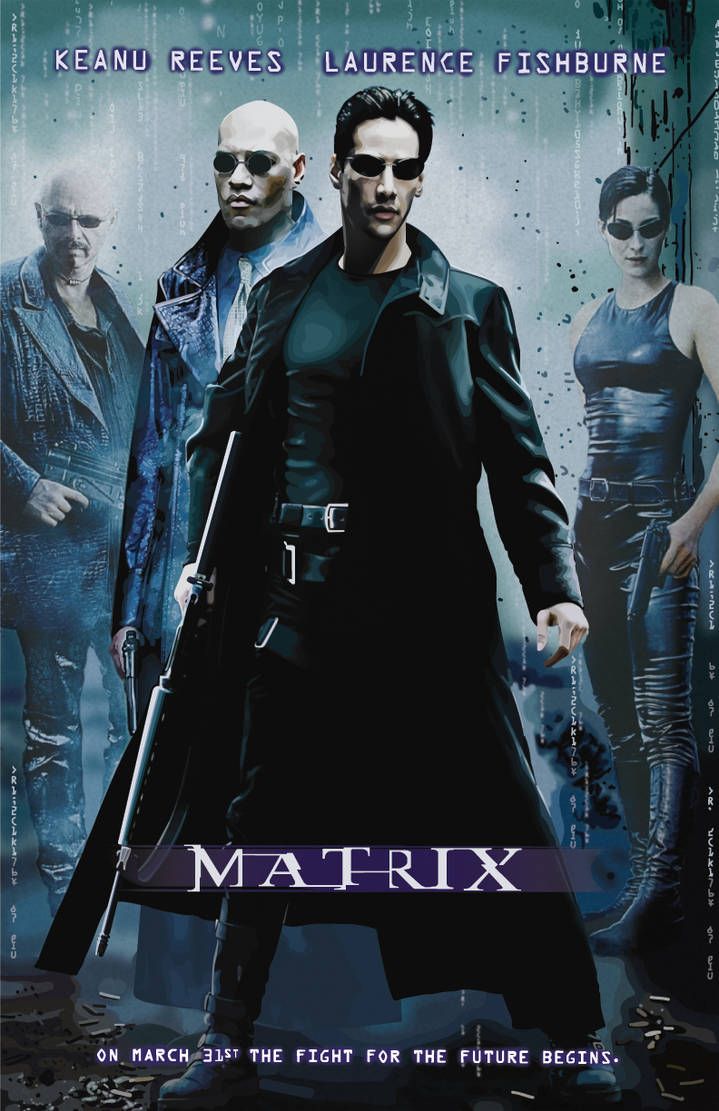
The Matrix, directed by the Wachowskis, stars Keanu Reeves as Neo, a hacker who discovers that reality is a simulated construct controlled by intelligent machines. Laurence Fishburne and Carrie-Anne Moss co-star as Morpheus and Trinity, who help Neo navigate and ultimately challenge the artificial world. The film blends action, philosophy, and groundbreaking visual effects, establishing itself as a pivotal entry in the science fiction genre.
- Director
- Lana Wachowski , Lilly Wachowski
- Release Date
- March 31, 1999
- Writers
- Lilly Wachowski , Lana Wachowski
- Runtime
- 136 minutes
-
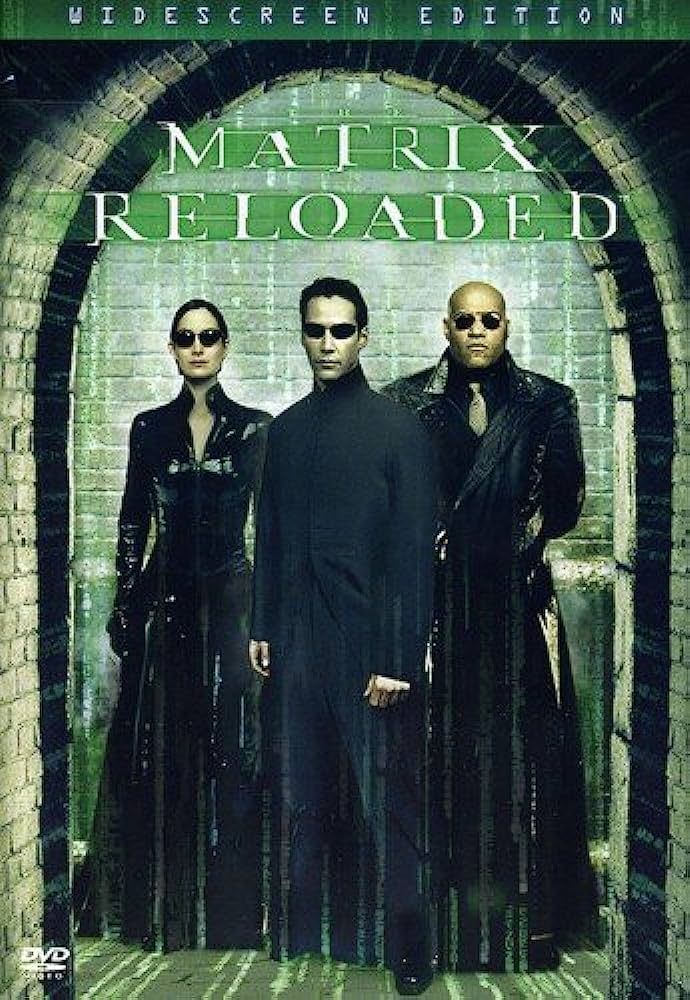
The Matrix Reloaded is the second film in the Matrix trilogy directed by the Wachowskis. The movie follows Keanu Reeves as Neo, who continues his quest to free humanity from the oppressive control of intelligent machines. Laurence Fishburne returns as Morpheus, along with Carrie-Anne Moss as Trinity, as they lead their rebellion against the system while uncovering deeper layers of the Matrix.
- Director
- Lana Wachowski , Lilly Wachowski
- Release Date
- May 15, 2003
- Writers
- Lilly Wachowski , Lana Wachowski
- Runtime
- 138 Minutes
-

The Matrix Revolutions is the third installment of the Wachowskis’ famous sci-fi saga. The movie picks up where the previous film “The Matrix Reloaded” left off, with Neo (Keanu Reeves) trapped in between the simulation and the real world. Laurence Fishburne, Carrie-Anne Moss, Hugo Weaving, Monica Bellucci, Jada Pinkett Smith, and Lambert Wilson reprise their roles once again for the threequel.
- Director
- Lana Wachowski , Lilly Wachowski
- Release Date
- November 5, 2003
- Writers
- Lilly Wachowski , Lana Wachowski
- Cast
- Keanu Reeves , Laurence Fishburne , Carrie-Anne Moss , Hugo Weaving , Mary Alice , Tanveer K. Atwal , Helmut Bakaitis , Monica Bellucci
- Runtime
- 129 Minutes
-
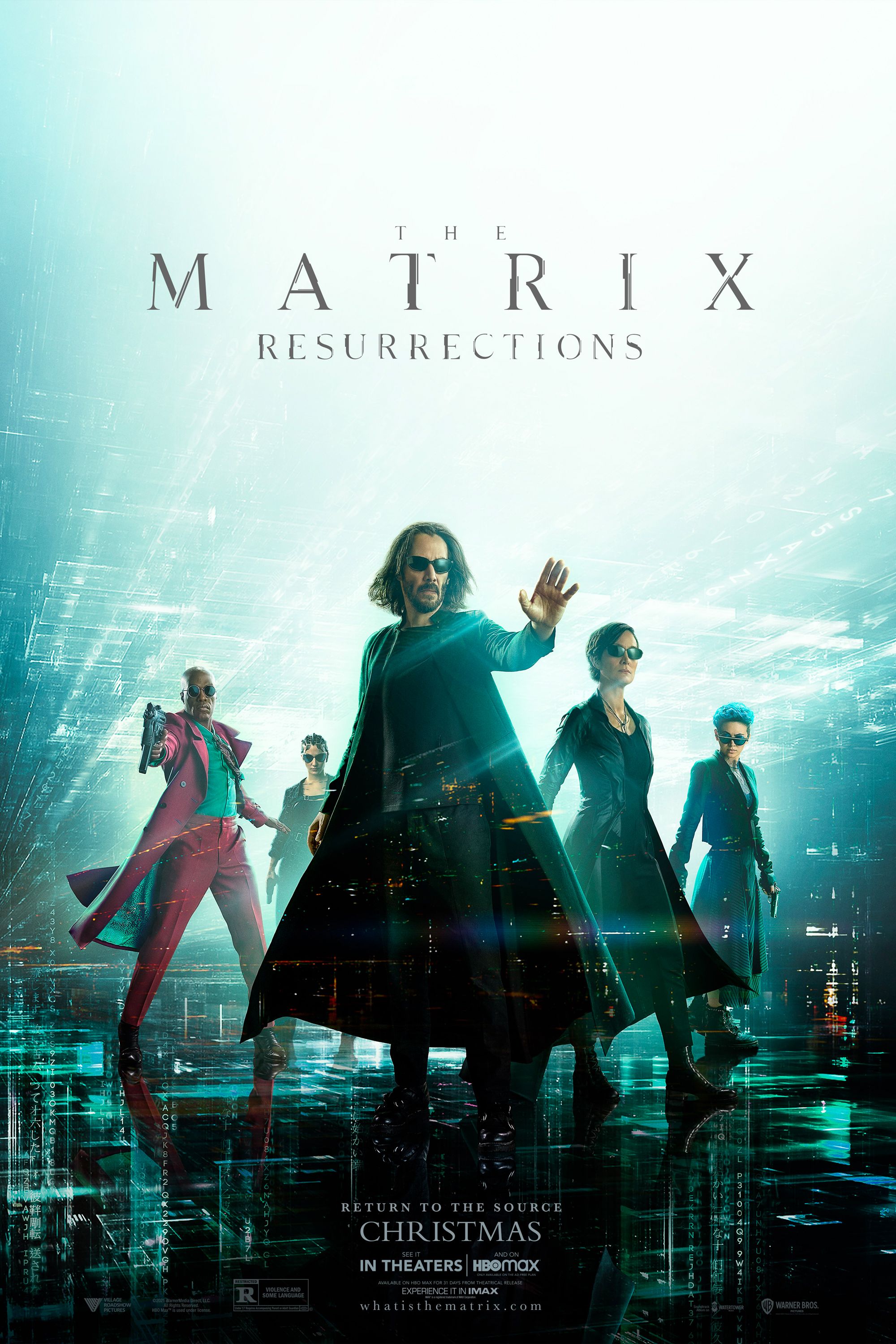
Set sixty years after The Matrix Revolutions, The Matrix Resurrections is a sci-fi action movie that sees the return of Keanu Reeves and Carrie-Anne moss nearly twenty years after the release of the previous film. Neo has become a game developer who struggles to grasp reality, and his concerns are validated when a new visage of Morpheus arrives to free him from his prison – a newly created Matrix. Learning that Trinity is alive and being held prisoner, Neo will join a new rebel force to save her and confront a new, dangerous foe known as the Analyst.
- Director
- Lana Wachowski
- Release Date
- December 22, 2021
- Writers
- Lana Wachowski , David Mitchell , Aleksandar Hemon , Lilly Wachowski
- Runtime
- 148 Minutes



